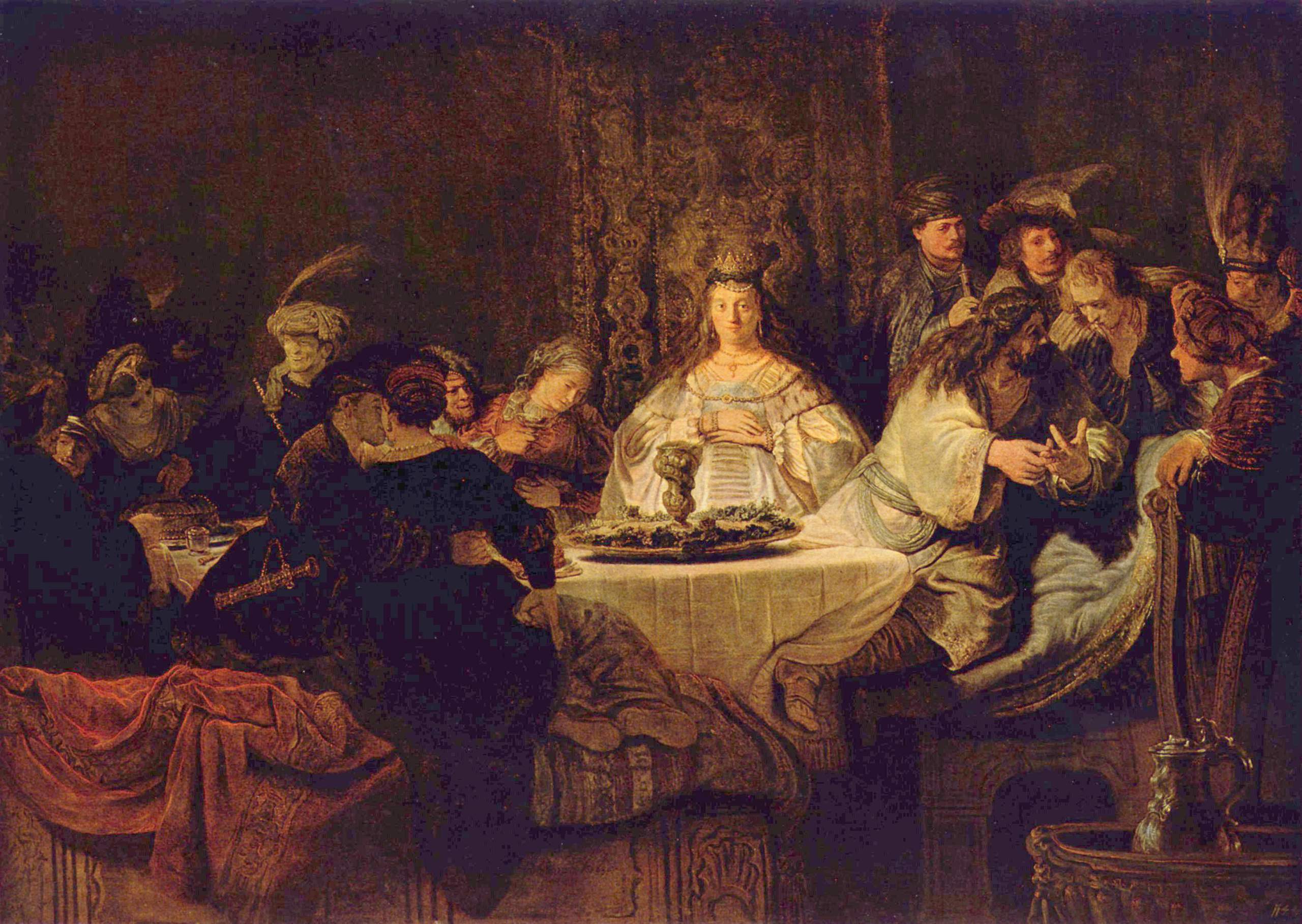|
Hymylä
In Finnish folklore, Hymylä (variants: Himola, Huikkola, Hyvölä, Hytölä, Hämälä, Hölmölä) is a mysterious place for the banishment of a child who failed in a children's game, usually, the game of riddles. With a chant, e.g., "Hyys, hyys, Hymylään! kun et sitäkään tiedä" ("Off, off, to Hymylä! You don't know anything!") a failed child is banished somewhere outside the children's circle, e.g., outdoors, if the game is indoors. Upon return the child is demanded to tell a story about his trip. Most commonly the story describes some kind of ridiculous, topsy-turvy world. People there stir porridge with an axe and chop firewood with a ladle, etc. Sometimes a trip to Hymylä involves some kind of forfeit: some silly work, trifle money, or suffering. A trip to Hymylä is perceived as a kind of disgrace.Suomalaisia Arvoituksia. (" Finnish Riddles") In: Elias Lönnrot, "Maamme kirja. Lukukirja alimmaisille oppilaitoksille Suomessa". ("Our Book", A Reading book for element ... [...More Info...] [...Related Items...] OR: [Wikipedia] [Google] [Baidu] |
Finnish Folklore
Finnish may refer to: * Something or someone from, or related to Finland * Culture of Finland * Finnish people or Finns, the primary ethnic group in Finland * Finnish language, the national language of the Finnish people * Finnish cuisine See also * Finish (other) * Finland (other) * Suomi (other) Suomi means ''Finland'' in Finnish. It may also refer to: *Finnish language * Suomi (surname) * Suomi, Minnesota, an unincorporated community * Suomi College, in Hancock, Michigan, now referred to as Finlandia University * Suomi Island, Western ... * {{disambiguation Language and nationality disambiguation pages ... [...More Info...] [...Related Items...] OR: [Wikipedia] [Google] [Baidu] |
Riddle
A riddle is a statement, question or phrase having a double or veiled meaning, put forth as a puzzle to be solved. Riddles are of two types: ''enigmas'', which are problems generally expressed in metaphorical or allegorical language that require ingenuity and careful thinking for their solution, and ''conundra'', which are questions relying for their effects on punning in either the question or the answer. Archer Taylor says that "we can probably say that riddling is a universal art" and cites riddles from hundreds of different cultures including Finnish, Hungarian, American Indian, Chinese, Russian, Dutch and Filipino sources amongst many others. Many riddles and riddle-themes are internationally widespread. In the assessment of Elli Köngäs-Maranda (originally writing about Malaitian riddles, but with an insight that has been taken up more widely), whereas myths serve to encode and establish social norms, "riddles make a point of playing with conceptual boundaries and cross ... [...More Info...] [...Related Items...] OR: [Wikipedia] [Google] [Baidu] |
Topsy-turvy
''Topsy-Turvy'' is a 1999 British musical period drama film written and directed by Mike Leigh, starring Allan Corduner as Sir Arthur Sullivan and Jim Broadbent as W.S. Gilbert, along with Timothy Spall, Lesley Manville and Ron Cook. The story concerns the 15-month period in 1884 and 1885 leading up to the premiere of Gilbert and Sullivan's ''The Mikado''. The film focuses on the creative conflict between playwright and composer, and their decision to continue their partnership, which led to their creation of several more Savoy operas. The film received very favourable reviews, film festival awards and two Academy Awards for design. While it is considered an artistic success as an in-depth illustration of British life in the theatre during the Victorian era, the film did not recover its production costs. Leigh cast actors who did their own singing in the film, and the singing performances were faulted by some critics, while others lauded Leigh's strategy. Plot On the opening n ... [...More Info...] [...Related Items...] OR: [Wikipedia] [Google] [Baidu] |
Elias Lönnrot
Elias Lönnrot (; 9 April 1802 – 19 March 1884) was a Finnish physician, philologist and collector of traditional Finnish oral poetry. He is best known for creating the Finnish national epic, ''Kalevala'', (1835, enlarged 1849), from short ballads and lyric poems gathered from the Finnish oral tradition during several expeditions in Finland, Russian Karelia, the Kola Peninsula and Baltic countries. Education and early life Lönnrot was born in Sammatti, in the province of Uusimaa, Finland, which was then part of Sweden. He studied medicine at the Academy of Turku. The Great Fire of Turku coincided with his first academic year. As the university was destroyed in the fire, it was moved to Helsinki, the newly established administrative center of the Grand Duchy and the present capital city of Finland. Lönnrot followed and graduated in 1832. Early medical career Lönnrot lived in the village of Paltaniemi, when he got a job as district doctor of Kajaani in Eastern Finland d ... [...More Info...] [...Related Items...] OR: [Wikipedia] [Google] [Baidu] |
Cristfried Ganander
Cristfried Ganander (21 November 1741 in Haapajärvi – 17 February 1790 in Rantsila) was a Finnish compiler of folk culture, a priest and an 18th-century lexicographer. Ganander's greatest achievement was the compilation of the first fully extensive Finnish-language dictionary which was, however, unpublished. He was also a collector of folk culture well before Elias Lönnrot. His most well-known published work is ''Mythologia Fennica'' in 1789, a reference book of folk religion. He also published some poetry and worked as a teacher. Life Ganander was born in Haapajärvi in 1741, to chaplain Thomas Ganader and his wife Helena Hiden. After his father's death in 1752, he was taken in by his grandfather Henrik Hiden, who was also a chaplain in the vicarage of Kauhajoki. Ganander himself later worked as a chaplain in Rantsila from 1775 to 1790. Ganander became a priest at the Academy of Turku and was consecrated to a post in 1763. He completed his master's degree in 1766. While ... [...More Info...] [...Related Items...] OR: [Wikipedia] [Google] [Baidu] |
Three Wise Men Of Gotham
Wise Men of Gotham is the early name given to the people of the village of Gotham, Nottinghamshire, in allusion to an incident where they supposedly feigned idiocy to avoid a Royal visit. Legend The story goes that King John intended to travel through the neighbourhood. At that time in England, any road the king travelled on had to be made a public highway, but the people of Gotham did not want a public highway through their village. The villagers feigned imbecility when the royal messengers arrived. Wherever the messengers went, they saw the rustics engaged in some absurd task. Based on this report, John determined to have his hunting lodge elsewhere, and the wise men boasted, "We ween there are more fools pass through Gotham than remain in it."G. Seal, ''Encyclopedia of folk heroes'' (ABC-CLIO, 2001), pp. 272–3 According to the 1874 edition of Blount's ''Tenures of Land'', King John's messengers "found some of the inhabitants engaged in endeavouring to drown an eel in a poo ... [...More Info...] [...Related Items...] OR: [Wikipedia] [Google] [Baidu] |
Fool (stock Character)
There are several distinct, although overlapping categories of fool as a stock character in creative works (literature, film, etc.) and folklore: simpleton fool, clever fool, and serendipitous fool. Silly fool A silly, stupid, simpleton, luckless fool is a butt of numerous jokes and tales all over the world. Sometimes the foolishness is ascribed to a whole place, as exemplified by the Wise Men of Gotham. The localizing of fools is common to most countries, and there are many other reputed imbecile centres in England besides Gotham. Thus there are the people of Coggeshall, Essex, the "carles" of Austwick, Yorkshire, the "gowks" of Gordon, Berwickshire, and for many centuries the charge of folly has been made against silly Suffolk and Norfolk (''Descriptio Norfolciensium'' about twelfth century, printed in Wright's ''Early Mysteries and other Latin Poems''). In Germany there are the " Schildbürger", from the fictitious town of "Schilda"; in the Netherlands, the people of K ... [...More Info...] [...Related Items...] OR: [Wikipedia] [Google] [Baidu] |
Finnish Humour
Finnish may refer to: * Something or someone from, or related to Finland * Culture of Finland * Finnish people or Finns, the primary ethnic group in Finland * Finnish language, the national language of the Finnish people * Finnish cuisine See also * Finish (other) * Finland (other) * Suomi (other) Suomi means ''Finland'' in Finnish. It may also refer to: *Finnish language * Suomi (surname) * Suomi, Minnesota, an unincorporated community * Suomi College, in Hancock, Michigan, now referred to as Finlandia University * Suomi Island, Western ... * {{disambiguation Language and nationality disambiguation pages ... [...More Info...] [...Related Items...] OR: [Wikipedia] [Google] [Baidu] |




